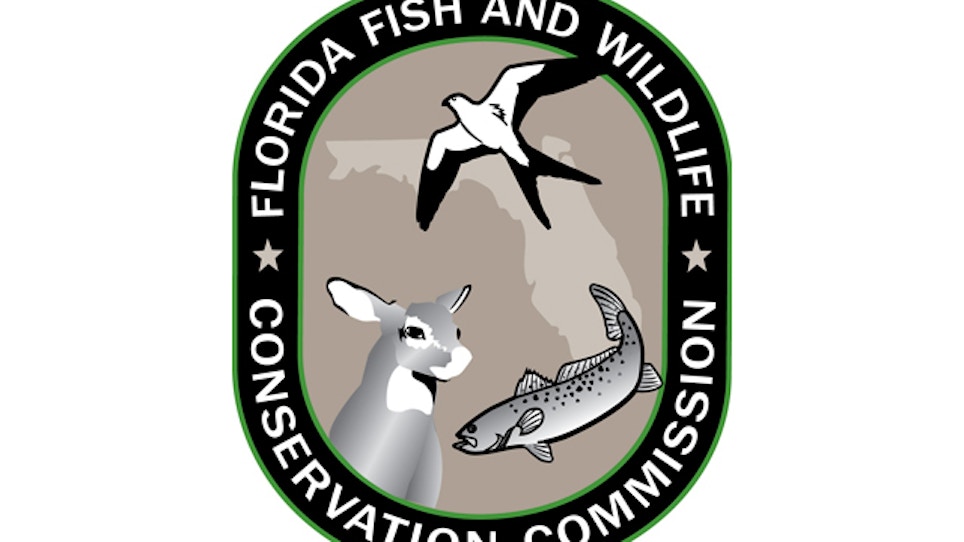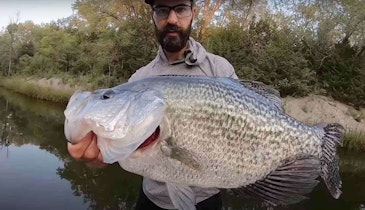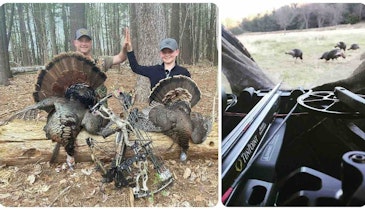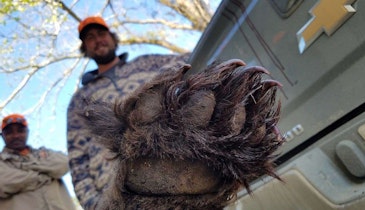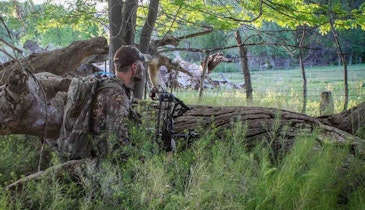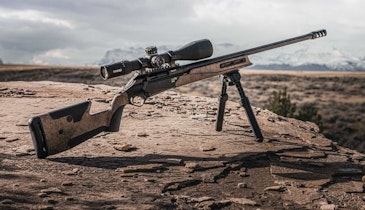By WILLIAM MARCH | Associated Press
TALLAHASSEE, Fla. (AP) — The Florida Fish and Wildlife Conservation Commission voted unanimously Wednesday to allow bear hunting as soon as next October, after a 21-year ban.
Commission members took the action after what they said is an increase in dangerous bear-human encounters, including four attacks on people since December 2013.
But they acted over occasionally angry objections from animal protection and environmental groups, who said that killing bears in the woods won't help prevent encounters in suburbs and that not enough is known about the state's bear population to ensure hunting won't damage the species.
If the commission gives final approval at a June 23 meeting in Sarasota, as even opponents expect, hunters would be allowed to kill up to 200 bears per year, with a limit of one per hunter.
State wildlife officials don't have an accurate count of bears in the state but think it's greater than the 2002 estimate of about 3,000, with heavy concentrations around the Ocala National Forest and Big Cypress National Preserve.
Commissioners said Florida black bears are a success story for revival of a threatened species and that Florida is the only state with a significant bear population that doesn't allow hunting.
“If anything, we would say these harvest numbers are very, very conservative, very light, just putting our toe in the water,” said commission Chairman Richard Corbett, a real estate investor and hunter. “Our state has been very, very slow at moving forward. Every other state has done this.”
Speaking to reporters after the meeting, he dismissed much of the criticism as emotional.
“Most of these people just said, `Don't touch my little teddy bear,”' he said.
About 45 people spoke, most against hunting, at the commission's meeting on the Florida A&M University campus. Diane Eggeman, director of Hunting and Game Management, told the commission about 75 percent of public comments on the issue opposed hunting.
The commission staff recommended allowing limited hunting.
Thomas Eason, the commission's director of habitat and species conservation, also known as “Dr. Bear,” said hunting won't solve the problem of bears hanging out in suburbs but may prevent populations from swelling enough to force them out of the wilderness and into contact with humans.
Hunting “is not the primary tool in our toolbox to address human encounters, but it's one method for population management,” he said.
FWC figures show calls about bears increased from about 1,000 a year early in this century to more than 6,200 in each of the past three years.
Eason said about 35 percent of those calls were just about sightings and the rest about potentially threatening incidents.
But critics said research shows hunting has little effect on the number of threatening encounters, but nonlethal measures, including requirements for secure trash cans and strict penalties for feeding bears, make a difference.
“A hunt on this recovering species is unnecessary, unscientific and unpopular,” said Kate McFall, Florida director for the Humane Society of the U.S.
There were also emotional arguments.
“Think about how you would feel walking into that class of 5-, 6- and 7-year-olds to tell them you had decided to allow people to kill those same black bears,” said Denise Dannels of Crawfordville, describing a class on bears her son attended.
Black bears had declined to as few as 300 in Florida by the 1970s, when most hunting was banned, Eason said. All hunting was banned in 1994. Black bears were removed from the state threatened species list in 2012.
Under the proposed plan, bear permits would cost $100 for Floridians and $300 for others. Hunting seasons would last one week or until hunters reached the maximum kill allowed in each of four areas comprising about 40 counties.
